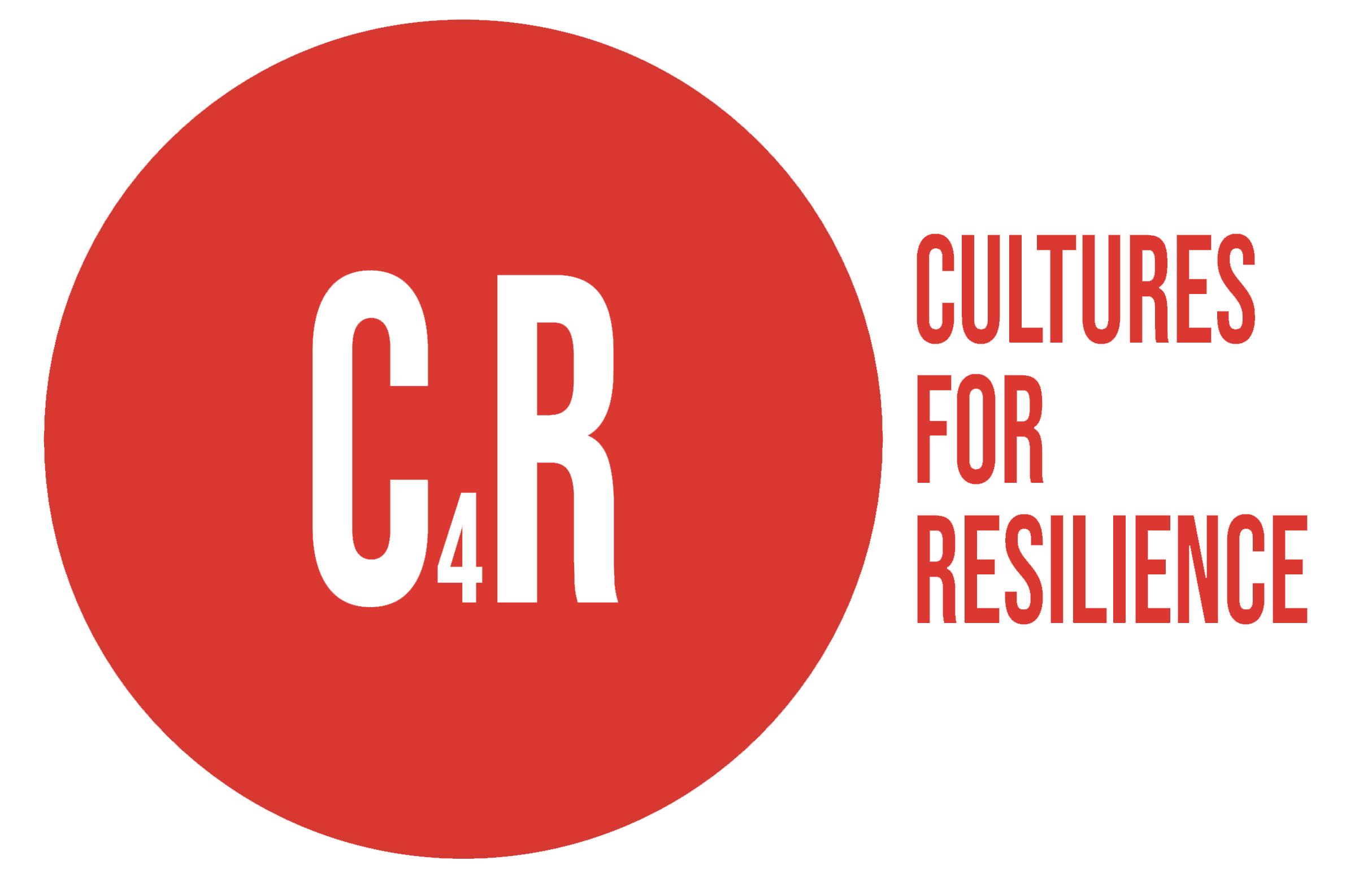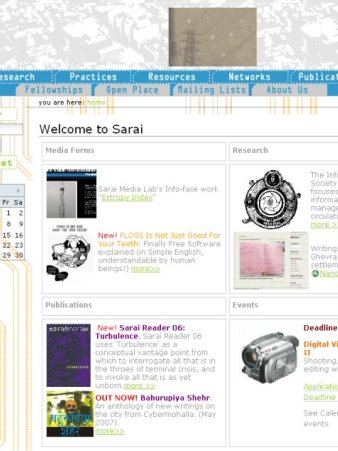Sarai began work in 2000 on issues of media, urban life, and the public domain, at a time when such issues were hardly on the horizon in India. In addition, Sarai brought together academics and practitioners in a new dialogue and collaboration. Sarai was initiated by Ravi Vasudevan, Ravi Sundaram , both faculty at CSDS; and the Raqs Media Collective (Jeebesh Bagchi, Monica Narula & Shuddhabrata Sengupta). Sarai’s early research foci on urbanization, media life, and information are now part of any serious thinking about the contemporary. Since its inception, Sarai has initiated research projects on media urbanism, Cybermohalla, critiques of intellectual property, free software, art practice and the public realm, language and the city, and many others.
It has supported unique independent fellowship programmes, and held a host of events including conferences, workshops, and performances. Like all experimental research initiatives in India, Sarai has seen cycles of expansion and contraction, involving the dispersion of some nodes and the emergence of new sites and publics.
Sarai’s current projects address the larger themes of media archeology, infrastructure, data and law.
Sarai has generated regular publications. These include the widely circulated Sarai Reader series, graphic novels, the urban classic Trickster City, and researcher broadsheets. Practice based works have also emerged from Sarai’s fellowship projects and the Media Lab.
Sarai is the home of the academic journal BioScope. This is a blind peer-reviewed journal focusing on film and media studies, with an additional interest in image and sound practices
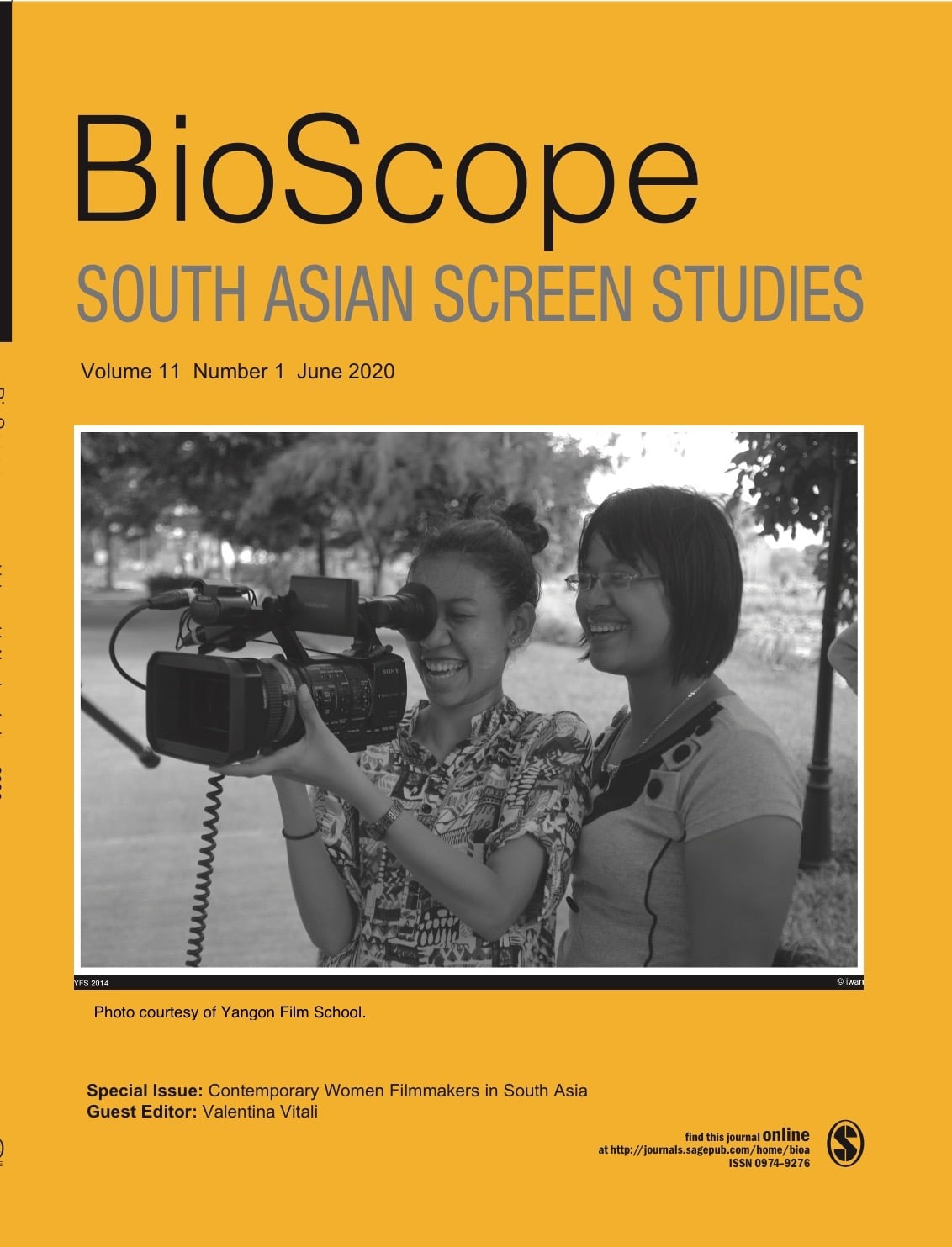
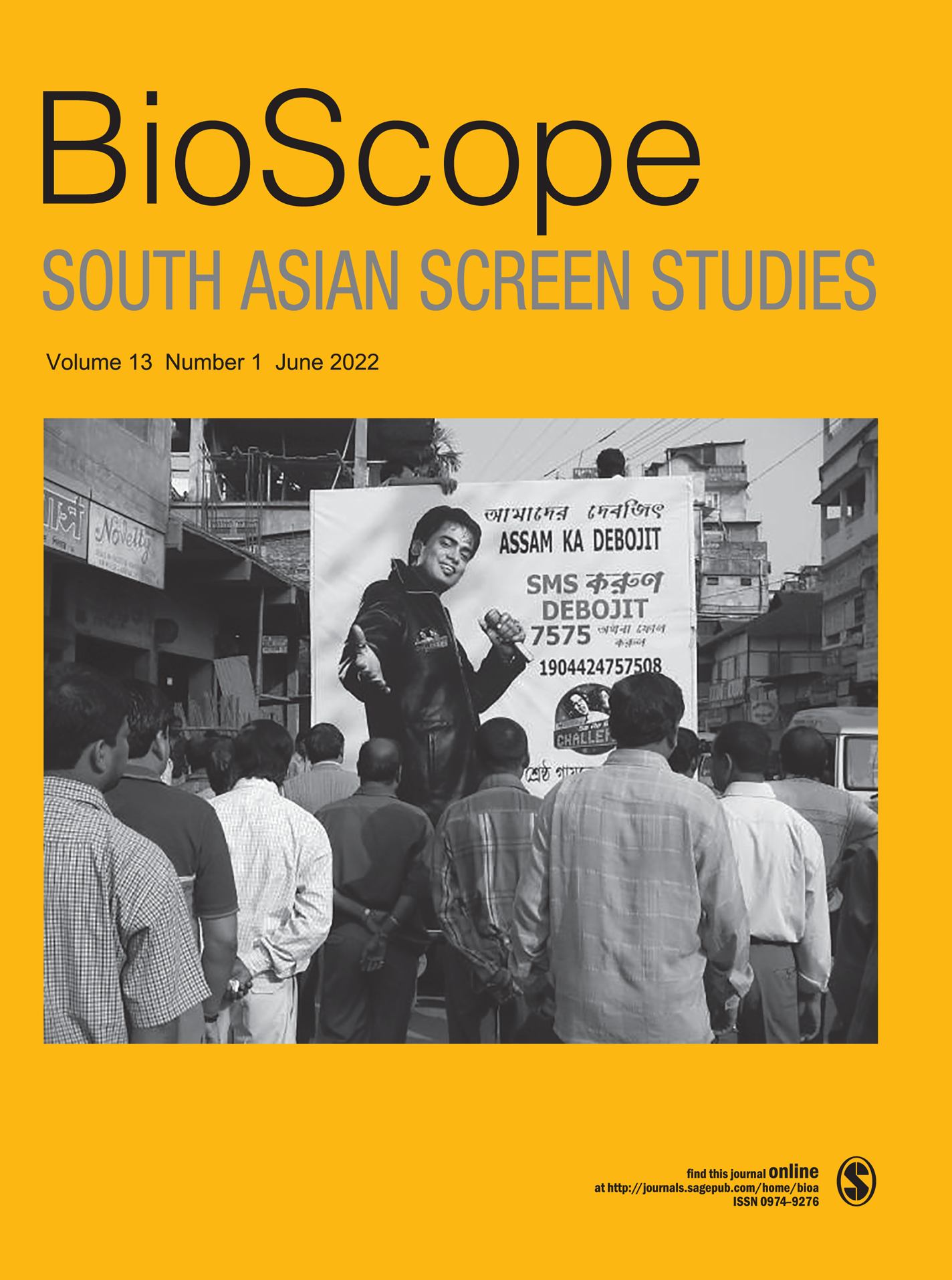
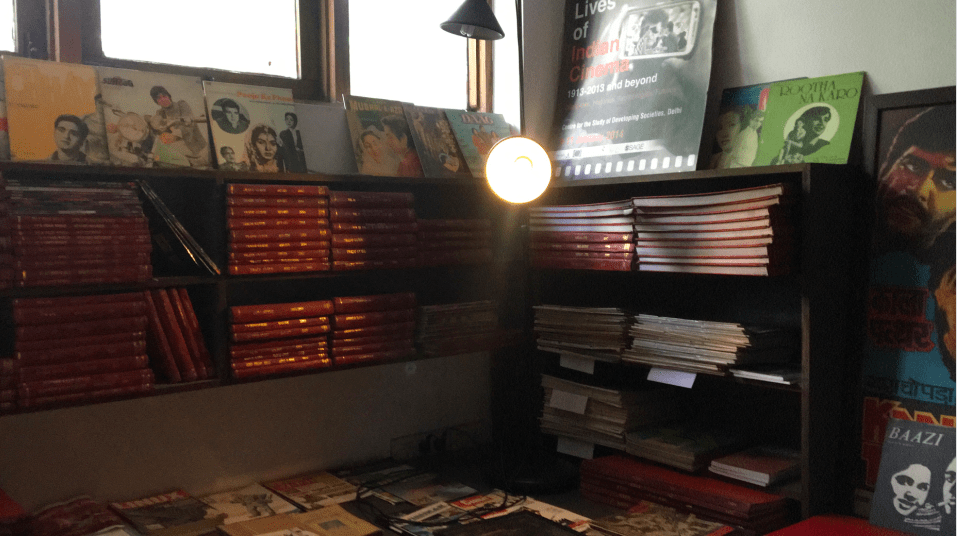
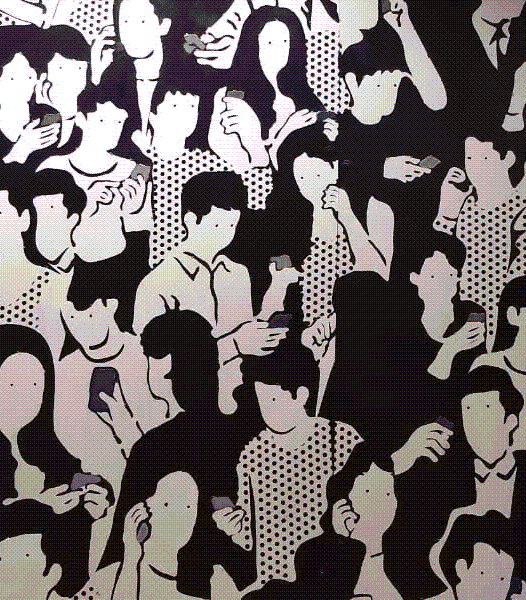
Sources images Saria.net
